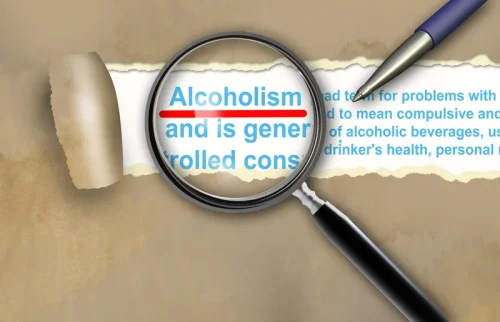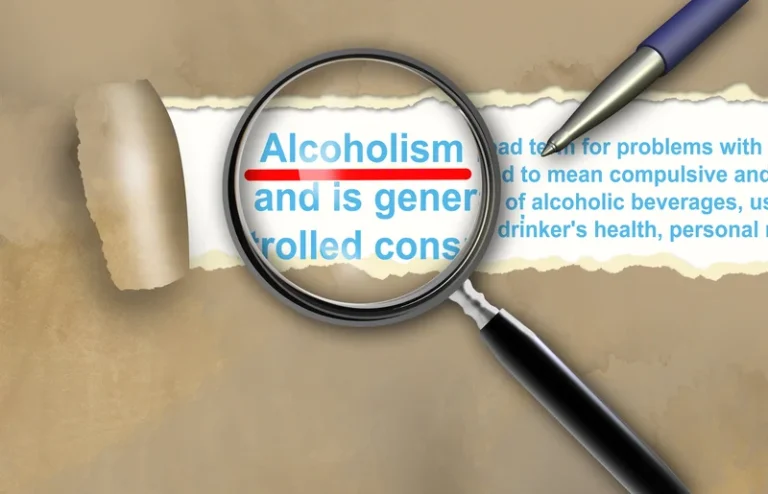
Learn more about the short- and long-term effects of alcohol consumption here. Alcohol intoxication occurs when a person drinks an excess of alcohol in one period. Keep what does being drunk feel like reading to learn more about alcohol intoxication, including its causes, symptoms, and treatments. The quantity of alcohol a person drinks determines the duration of their intoxication. This article examines the effects of alcohol, their duration, and whether individuals can hasten the sobering process.
What are the short and long-term effects of alcohol use on your brain and body?

Alcohol tolerance can affect the extent to which a person feels intoxicated. People who frequently drink may feel less drunk than those who do not. People with alcohol use disorder may not feel drunk at all, even when their BAC is very high. Over time, excessive alcohol use can cause liver health problems such as cirrhosis.
Understanding the Physical Sensations of Being Drunk
Some people might believe it is possible to quicken the sobering process with strategies such as drinking coffee and taking cold showers. However, this does not change a person’s BAC, even though it may help them feel temporarily more alert. You may think that you’re sober once you’re able to walk in a straight line, but that doesn’t mean that you aren’t drunk. Your liver can metabolize about one standard drink per hour, but that doesn’t mean that your buzz will wear off that quickly. How alcohol affects you, how drunk you get, and how long it lasts depends on several factors. At Inner Voyage Recovery, we recognize that alcohol use can sometimes escalate beyond social drinking and become a more serious issue.

Treatment
- Alcohol is mainly a depressant, but it actually has stimulating effects when you first start drinking.
- Understanding how much alcohol your body can tolerate is the first step in preventing overconsumption.
- Howl at the Moon can host awesome birthday parties, bachelor parties, bachelorette parties, holiday parties, corporate events and more.
- Some common signs include an inability to control alcohol intake, experiencing withdrawal symptoms when not drinking, and neglecting responsibilities due to alcohol use.
- This stage usually occurs in men after three to five drinks per hour and in women after two to four drinks per hour.
- Being tipsy refers to the early stages of intoxication, where you feel relaxed, social, and slightly impaired.
For example, they may order blood alcohol level (BAL) https://ecosoberhouse.com/article/13-common-myths-about-addiction-and-recovery/ tests or drug tests. In general, intoxication happens because substances interfere with how your brain works. More specifically, substances affect how nerve cells (neurons) send, receive and process signals via neurotransmitters (chemical messengers).
Keep in mind that it isn’t just the number of drinks you have, but also the type, since some bevvies have higher alcohol content than others. For a deeper understanding of how alcohol affects the brain, you can read this article. But food coma is ten times as worse than usual because you are wasted. The cabbie wakes you up and you stumble up your stairs and into your bed, destroying everything in your path. Reducing drinking, or even eliminating it altogether, can lower a person’s risk of these conditions and complications.
- It’s crucial to be aware of your own limits and to avoid exceeding them.
- This stage is characterized by unresponsiveness and a high risk of choking or injury.
- Some people may be at risk of alcohol overdose after just a few drinks, especially if they are young, small, or do not often drink.
- One of the most noticeable physical effects of being drunk is the loss of coordination.
- Louder’s resident Gojira obsessive was still at uni when he joined the team in 2017.
- Excessive drinking can lead to severe health issues, both in the short term and long term.
- When you drink a lot, your body and brain functions slow down considerably.